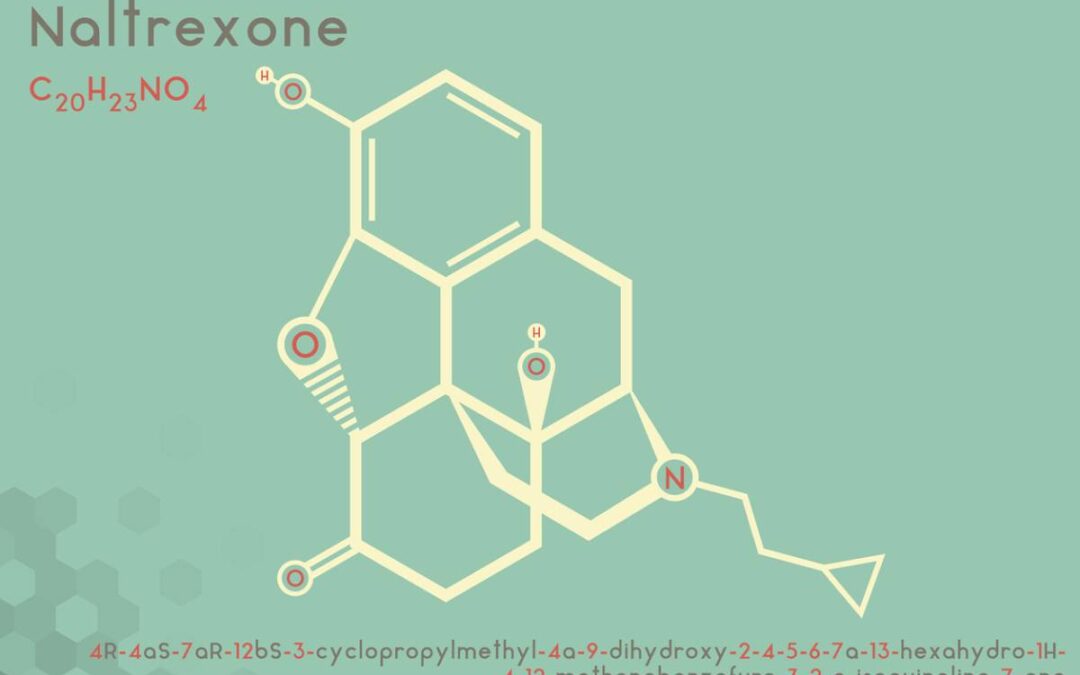Addiction is a serious issue, and it is no secret that there is an opioid epidemic occurring in the United States right now. Steps to addiction recovery must be taken just as seriously, which is why several treatments have been introduced to help ease people off of their substance abuse addictions. One of those treatments, low-dose Naltrexone, is used as a holistic method of pain reduction and addiction recovery. But is naltrexone addictive?
Is Naltrexone Addictive?
This treatment does bring up a lot of questions in patients and families who have never heard of this kind of treatment before. Is Naltrexone addictive? Is Naltrexone a drug similar to opioids? Keep reading to find out more about the benefits of this treatment as well as the amount of care and supervision required to successfully carry this treatment out.
About Opioids
Every year, the number of deaths due to opioid addiction continues to rise. The effects that these drugs have on the body create a number of dangerous and often deadly side effects. Opioids immediately cling to the nervous system, making it more difficult to feel pain. However, they also slow down the heart rate to a dangerously low pace. This goes by the name respiratory depression, and it often leads to cardiac arrest.
Moreover, opioids are chemically addictive as well as being psychologically addictive. The second opioids go into the body, certain chemicals releas that cause the brain to form an almost immediate addiction. It does not take much at all for someone to fall into the realm of substance abuse. A lot of medical professionals have determined the best way to medically assist with addiction treatment is with low doses of Naltrexone, a prescription that can help reduce the strong effects that opioids have on the body.
Naltrexone and Addiction
Naltrexone is prescribed in a supervised and highly monitored environment and it is usually administered in tandem with behavioral therapy and other forms of psychological treatment. Though it works as a gradual, chaperoned process, there remain a lot of concerns about whether Naltrexone exists as just another drug for patients to end up addicted to.
Since Naltrexone works similarly to opioids in that it blocks certain nerve receptors, there is a risk of misuse and abuse of the drug. However, Naltrexone should reduce the symptoms of addiction to opioids and other similar substances. Naltrexone itself does not cause the user to feel high or euphoric, so it cannot possibly cause a physical addiction. It remains important that this medication stays administered in short, controlled rounds, often with other types of medications and therapy treatments.
Fighting Addiction is More Than Possible
The use of medication-assisted treatments that include substances like Naltrexone is incredibly helpful in the fight against addiction. In fact, studies have shown that medication-assisted treatment in combination with therapy has the highest success rate when it comes to treating disorders of addiction.
Starting a new treatment method can seem terrifying. Especially when the medication you receive may act similarly to the opioids you ended up addicted to. In the right setting, this holistic approach to healing has the potential to be the most effective way to treat your addiction. Naltrexone can reduce your pain and numb the symptoms of addiction while you learn new cognitive tips in therapy to retrain your brain.
Find Out More About Low-Dose Naltrexone Today
Harbor Health, your local Tacoma apothecary, provides resources for those struggling to find a comprehensive treatment plan for their opioid addiction. Naltrexone has a proven track record of treating addictions when used in a controlled setting. Learn more about the power of medication-assisted treatments and equip yourself with the tools to reduce opioid addiction when you contact us today.

